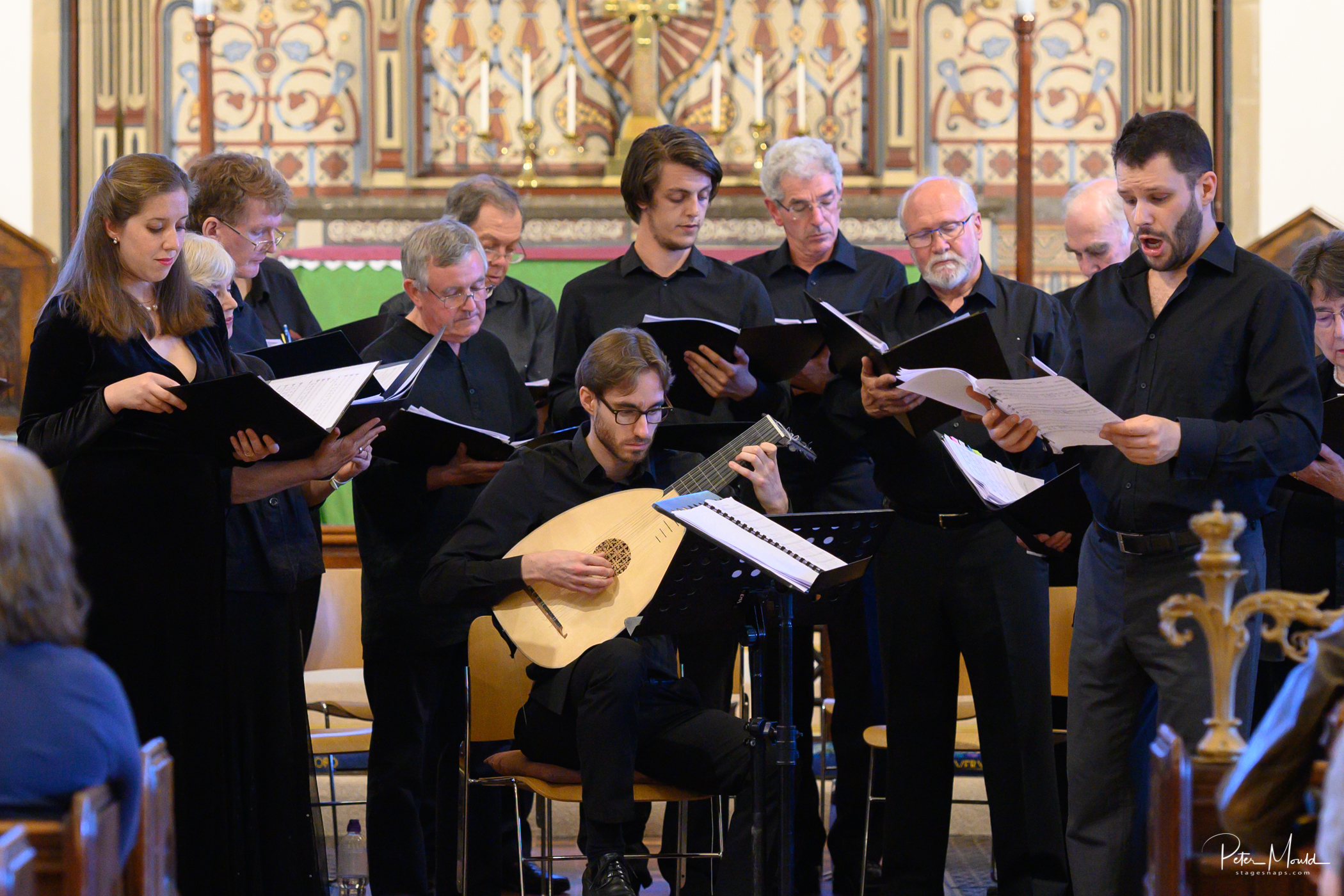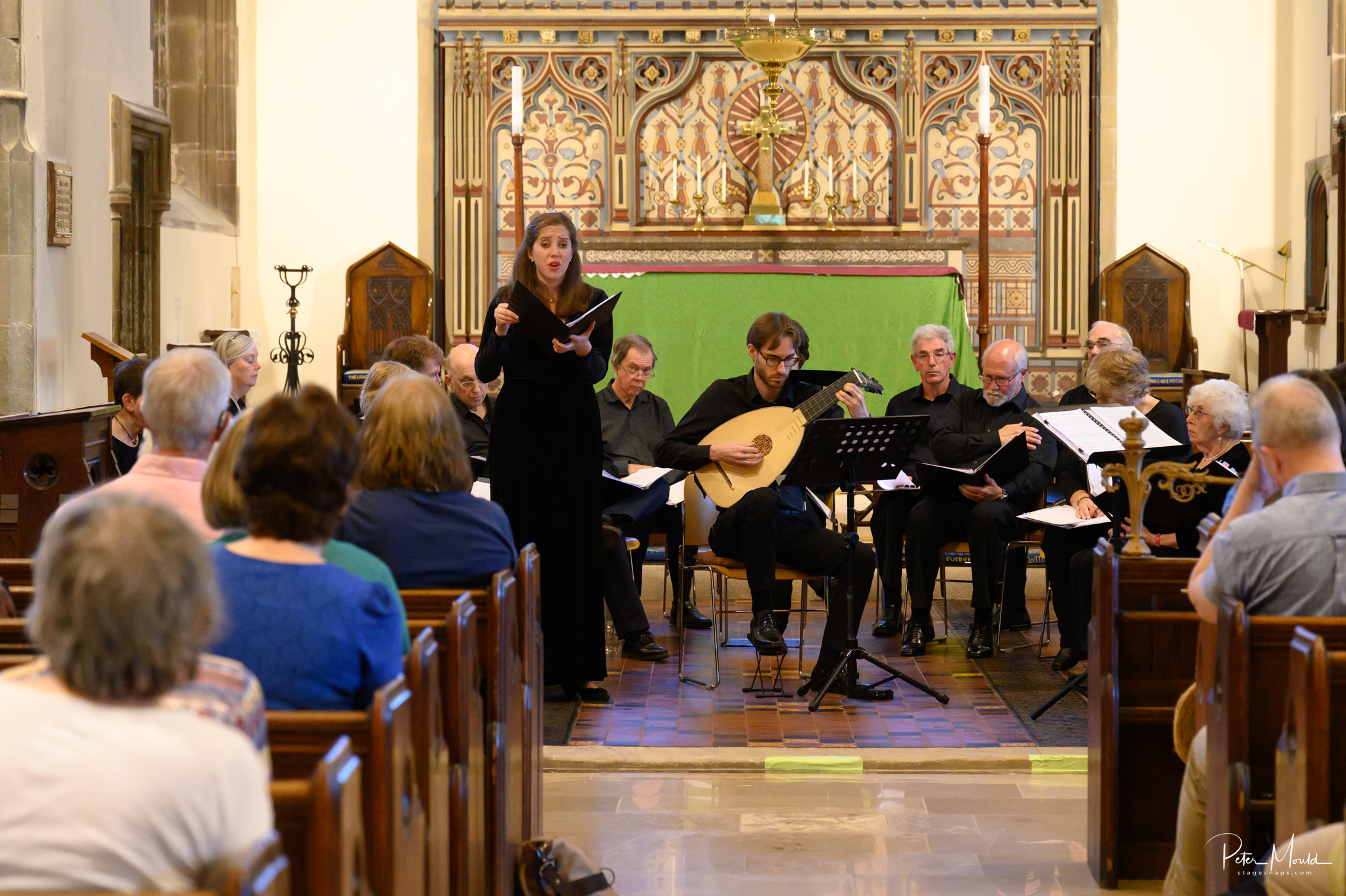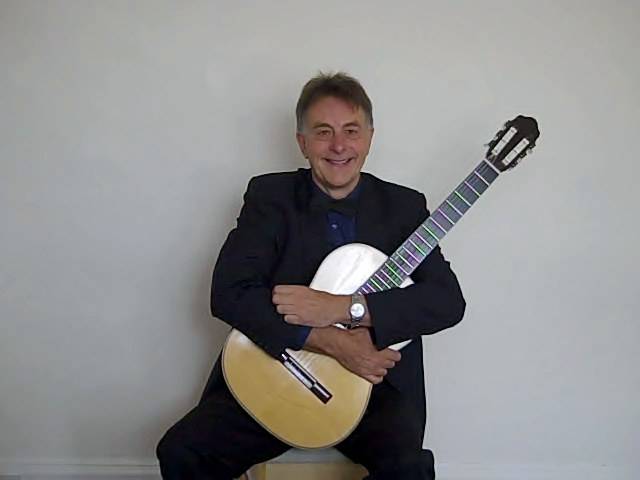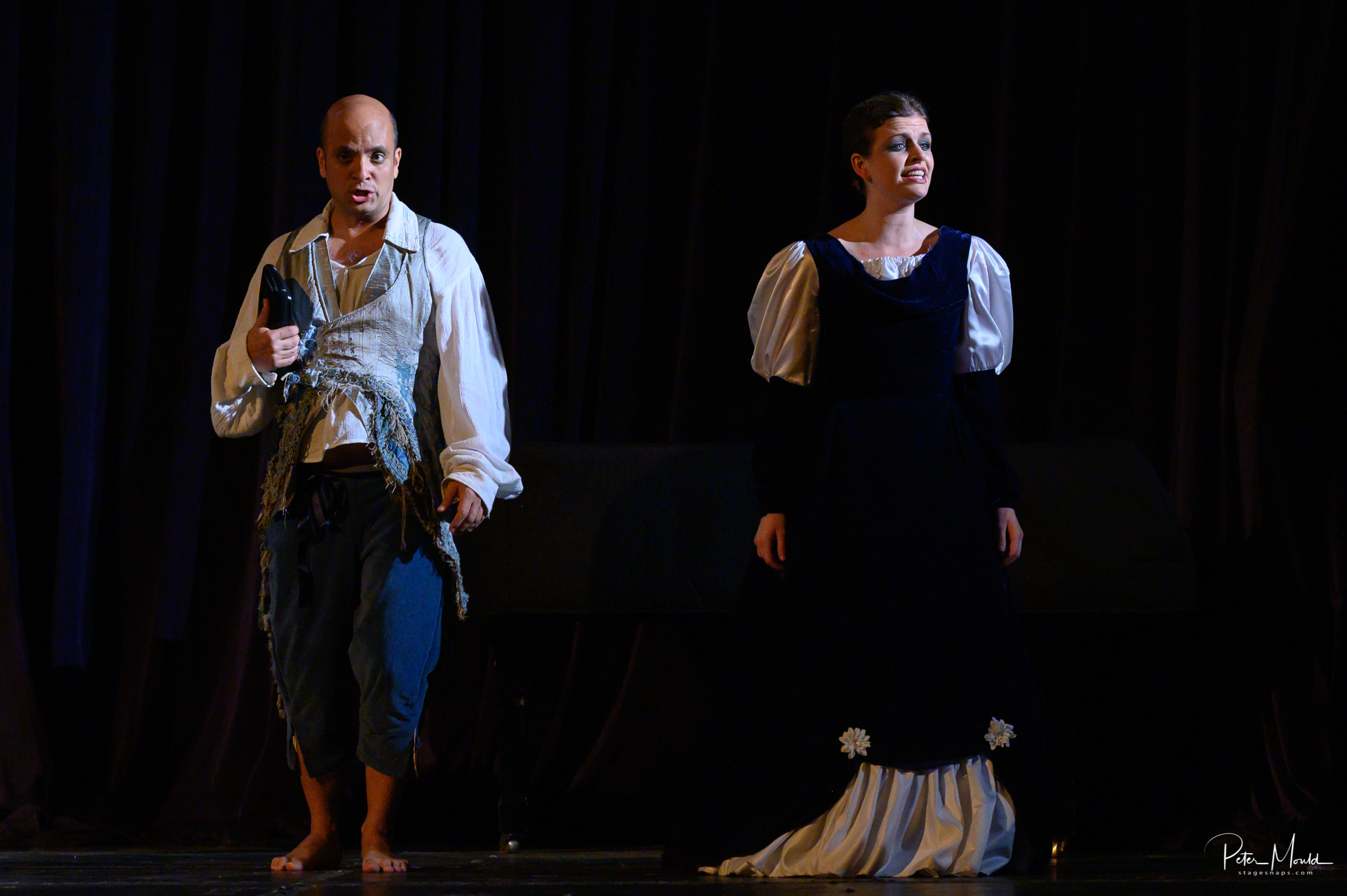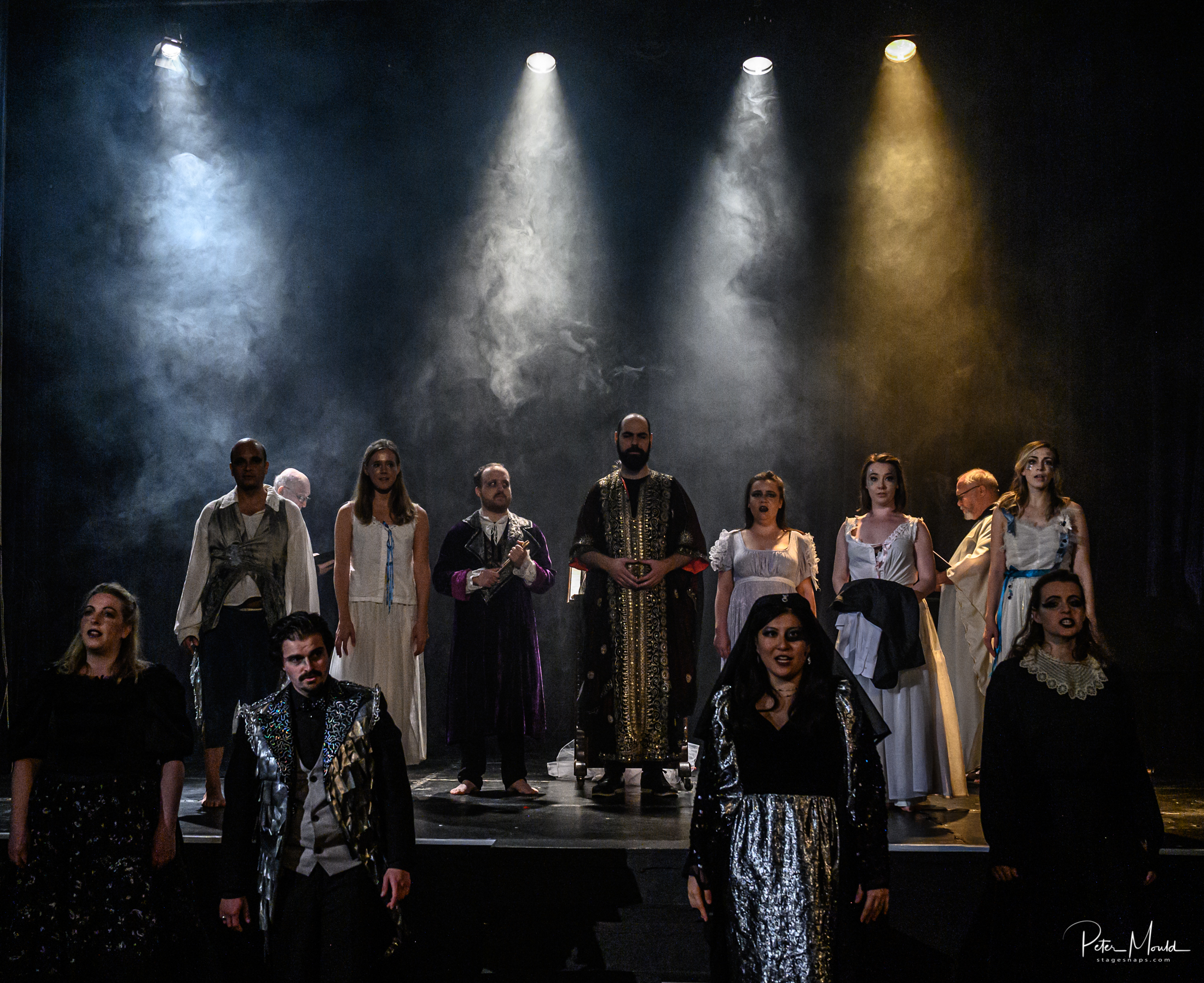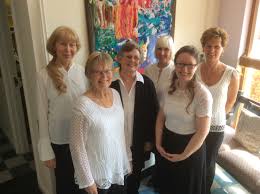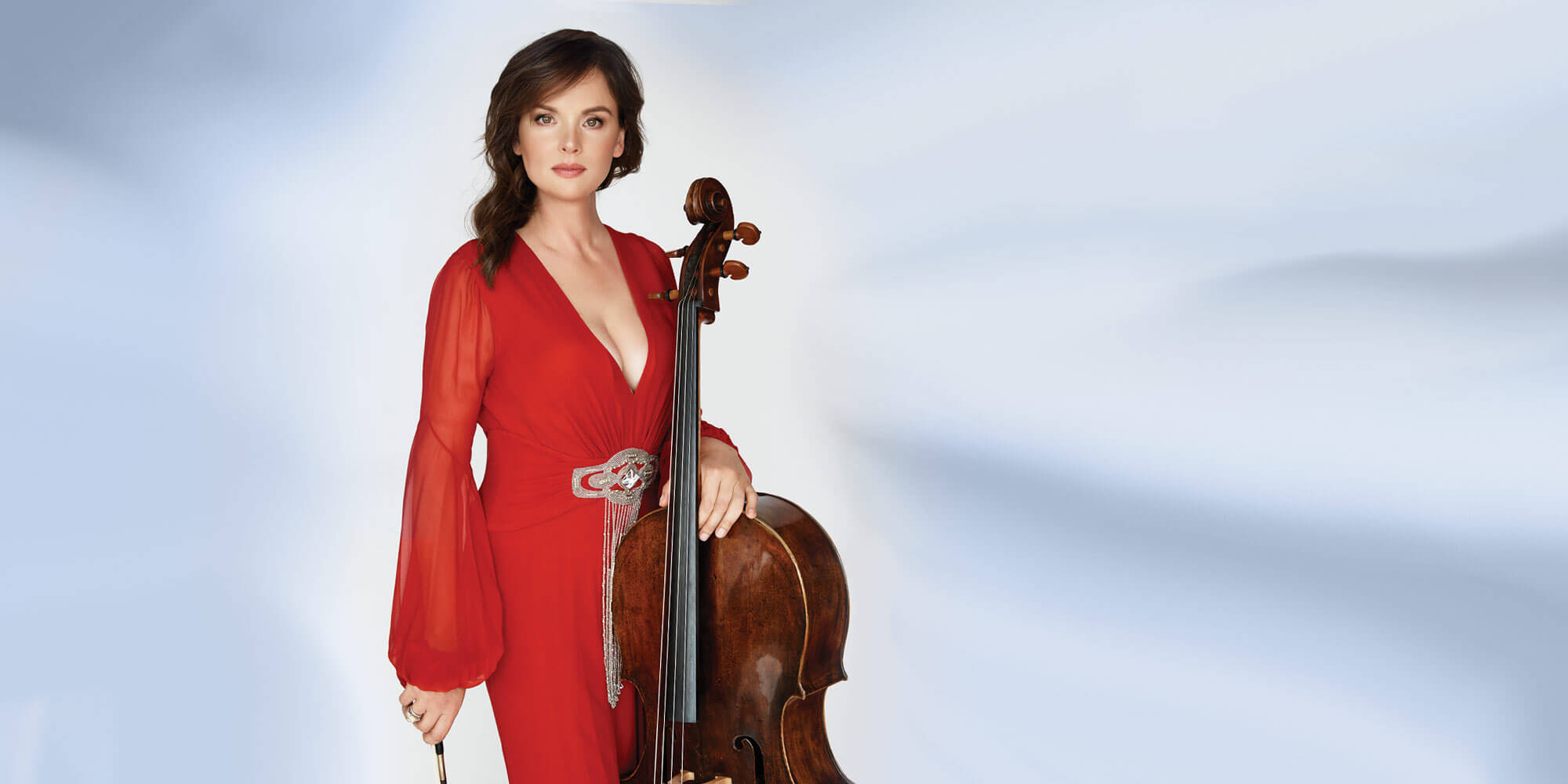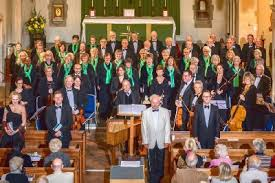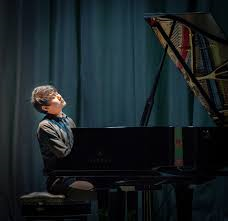Renaissance Theatre Company, St Mary-in-the-Castle, Hastings 16th-18th May 2019
A Stephen Sondheim musical is not your average choice if you are an amateur theatre group, but then Renaissance Theatre Company is not your average amateur theatre group! Begun as a positive response to two very tragic situations, Renaissance soon established a reputation for staging quality performances of a range of musicals. Over ten years it has also managed to raise an incredible £33,000 for St Michael’s Hospice & the Shazzie Sparkle Trust (raising funds for the Brain & Spine Foundation). Whilst this fundraising is most admirable and one of the driving motivations behind the company I will now focus on the quality of the performance itself.
From the outset the audience were drawn in to “attend the tale of Sweeney Todd” as the grim but entrancing story unfolded before our eyes and ears, brought to life by an energetic and dedicated cast. Many of the cast have taken leading roles in the past to great acclaim. One of these is Steve Corke who was scarily believable as Sweeney. Whether singing solo, in duet or serenading his “friends” (his shaving blades and chair), speaking, shouting or bounding around the stage he gave of his all! Equally committed and characterful was Kim Sutton as Mrs Lovett, the pie-maker. There were some hilarious interactions with Todd and very physical comedy in the pie-shop as well as great singing and some marvellously manipulative dialogue. The chemistry between the two main characters was superb, seen to great effect in the two songs, Priest and By the sea.
Tyler Sargent’s Anthony and Ruby Edwards’ Johanna also made a very sweet, innocent young couple as well as demonstrating their lovely singing voices singly and together. Maxine Roach brought great empathy to her role as the Beggar Woman – at times seemingly deranged, and at others showing great insight, again with great singing when required. Pirelli was brought to life with great panache and humour by David Baxter and brought some fun interaction with the audience and other members of the cast.
Charlie Mepham was very lovable as Toby, a character that has to display a number of facets of personality as the story develops. He showed great presence as well as handling a difficult song very effectively.
Reggie Regelous’ Judge Turpin was suitably haughty and, at times, creepy, and like his Beadle, Mick Woodhams, a character that commanded attention at each return. Mick also gave a humorous but surprisingly tender rendition of songs as he “played” the harmonium.
A number of scenes demanded huge effort from the diverse chorus. They were at all times totally committed, in character, and adding small details of movement and interaction which add so much to any performance. Sondheim’s music demands some tricky technical performances and chorus members often have to behave more like soloists as they sing countermelodies at odds with other characters around them. It was particularly pleasing to see a range of ages included in the chorus.
Another hallmark of a Renaissance production is the superb backstage and preparatory work. Led by Andy Gill (Musical Director/Trumpet) the small but very capable band delivered top class performances throughout. Again, this music is not easy and demands so much from singers and instrumentalists. A daunting prospect for an amateur group, perhaps, but no problems in delivery here!
A very effective set had been constructed incorporating the ominous and ever-present oven door (revealing its full horror only at the end of the show!) The barber’s chair was fully operational with the ability to quickly despatch its freshly dead occupants to the cellar and the effects of blood on the neck as each victim met his end was suitably grisly. Sound and lighting was well balanced and enhanced the action.
I thoroughly enjoyed my evening and would like to congratulate director, Mark Evans, Andy Gill and all those involved on stage and off for a first class production. Much has been made lately about the resurgence in talented artistes coming to Hastings to perform but we must not lose sight of the tremendous wealth of talent resident here in our local area, building on the amateur traditions that have been so much a part of Hastings & St Leonards for so long.
Do please look out for future productions by this company and do all you can to support our local talented performers and the very worthwhile causes they, in turn, support.
Stephen Page

